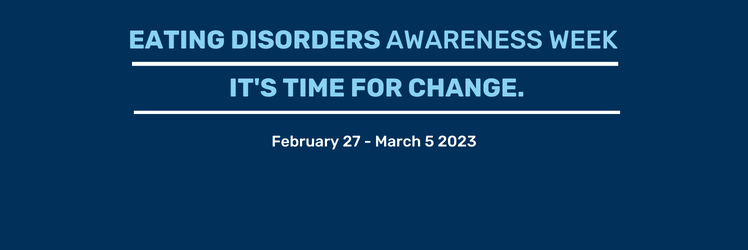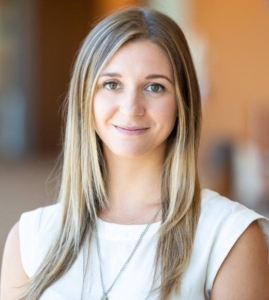What Does It Take to Become an Eating Disorder Therapist
As a former ballerina who had a family history of eating disorders, I was exposed to the importance of a healthy relationship with food and my body from a young age. At 16, I was reading the book Eating Disorders for Dummies in the dressing room of my ballet studio. That same year, I signed up for (and nearly failed) AP Psychology yet I was smitten. I wanted to be a psychologist.
As a hopeless romantic, I did not let the struggle stop me. I followed my love of psychology to Elon University where I majored in Psychology and minored in Dance and Human Service Studies. Fall of junior year, I was chatting with a new friend in the psychology program, upset I could not find education and opportunities within the eating disorder field at our university.
Since all love finds its way, she gave me the email of a professor starting research on the correlation between Anorexia and Perfectionism in College Women. I emailed him and was heartbroken upon learning he was no longer taking research assistants. But I emailed again, and again, and then finally took him out for coffee and we immediately clicked. I started research with him the next semester, we published our study, and he continues to be a support through this process.
With his recommendation, I took a life changing course with a therapist from Eating Recovery Center (ERC) on Eating Disorders, Diagnosis, and Treatment where we had to create an advocacy outreach. I completely immersed myself in the content, culture, and understanding of eating disorders. I created the movement called #shredtheshame that worked to fight the social stigmas of eating disorders and spread the awareness of the disorder. We reached over 4,000 people in this effort. I started presenting to Greek life and athletics consequently.
In learning more about resources through the campaign, I discovered the National Eating Disorders Association (NEDA). As a New Jersey native and needing an internship while studying for the GRE, I reached out to NEDA’s former Helpline to volunteer at their New York City office where I contributed 200 hours that summer. Working with that therapist from ERC, we brought Southern Smash to Elon where I was the keynote student speaker and spoke about my time at NEDA and eating disorder prevention.
Hearing people’s stories for the first time made an indelible mark on me. When connecting the callers to eating disorder therapists, I noticed a pattern where many of these clinicians graduated from Nova Southeastern University. That fall I applied to their Doctorate in Clinical Psychology program and received admission that winter. I was going to become a doctor.
While in graduate school, I served as the Eating Disorder Awareness Association President at my school’s chapter, where I used the skills that I learned at NEDA to create advocacy opportunities and disseminate information. I developed a specialty in eating disorders and trauma learning under people whose careers inspired me. Finally, I completed my training at University of California, Davis in their eating disorder emphasis and am currently a Post-Doctoral Resident at private practice as an eating disorder specialist. I run an eating disorder group, speak on podcasts, and supervise graduate trainees on providing eating disorder informed care. Eating disorder therapists make up .01% of therapists, I am so proud to be in the community and honored to be part of its growth. NEDA walks former Helpline, and the Body Project have been incredible experiences and I encourage others to explore those options. None of it would have been possible without the support of NEDA and other eating disorder therapists.
Dr. Zoe Ross-Nash (she/hers) is from New Jersey and earned her bachelor’s degree in psychology with minors in Human Service Studies and Dance from Elon University. Ross-Nash earned her PsyD in Clinical Psychology at Nova Southeastern University and completed her internship at the University of California, Davis in the Eating Disorder Emphasis. Ross-Nash won the Division 29 Student Excellence in Clinical Practice Award in 2022. Zoe’s clinical interests include trauma, eating disorders, mentorship, and advocacy.





